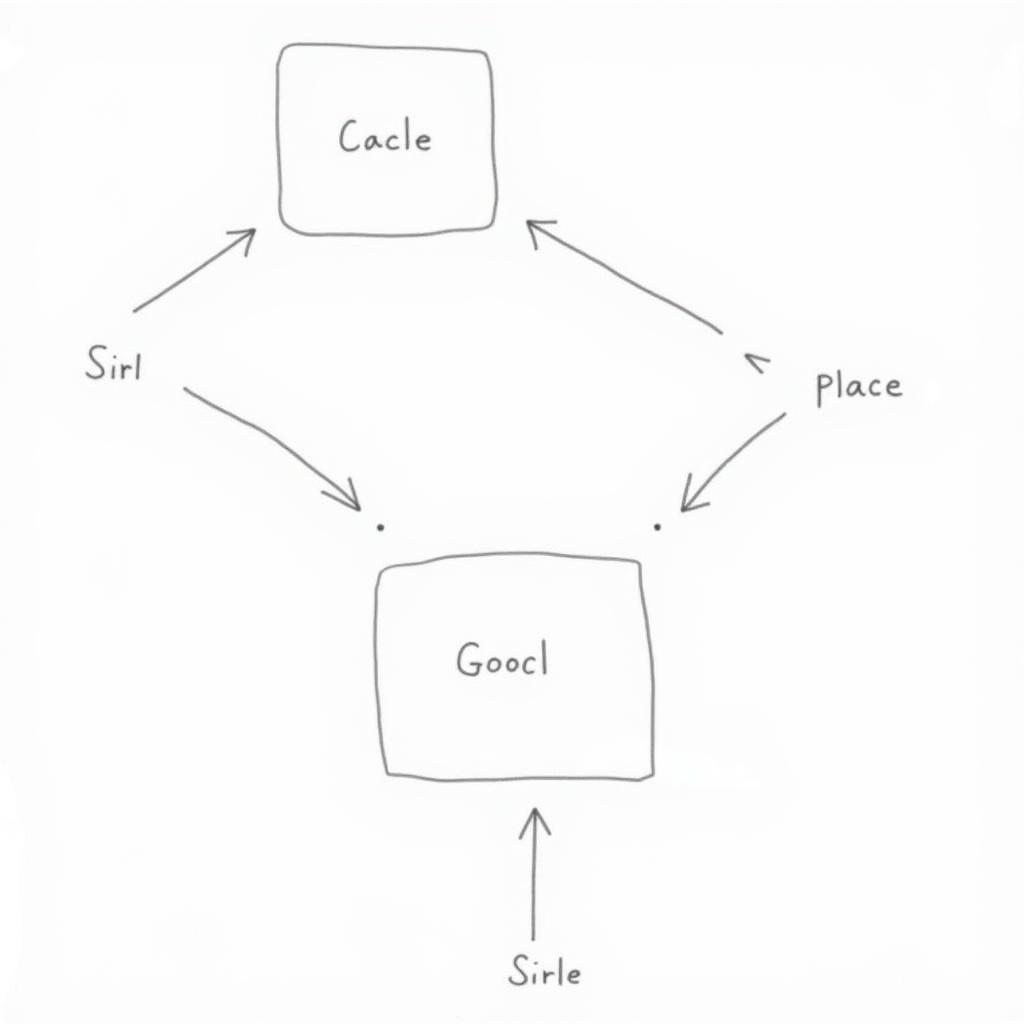A science fair project isn’t just about showcasing a cool experiment; it’s about diving deep into the world of scientific inquiry. And the heart of any great science fair project? A solid research paper. This document is your chance to explain the “why” behind your experiment, your process, and what you discovered.
Think of your research paper like a detective’s case file – it needs to be thorough, organized, and compelling. Don’t worry, we’re here to guide you through the process of creating a winning sample research paper for your science fair project.
Unveiling the Mystery: What Makes a Research Paper Great?
Before we jump into the structure, let’s talk about what makes a research paper stand out.
- Crystal Clear Purpose: Clearly state your research question. What problem are you investigating, and what do you hope to discover?
- Solid Foundation: Thorough background research on your topic demonstrates your understanding and sets the stage for your experiment.
- Methodical Approach: Explain your experiment’s steps in a way that’s easy to understand and replicate.
- Data-Driven Detective Work: Analyze your findings and explain what they mean. Did your results support your hypothesis? Why or why not?
- The “Aha!” Moment: What conclusions did you draw from your experiment? What did you learn?
- Citing Your Sources: Just like a detective credits their sources, you need to cite the information you used from books, websites, and other resources.
Building Your Research Paper: A Step-by-Step Guide
Here’s a breakdown of the essential sections of a science fair research paper:
1. Title Page
- Project Title: Catchy, clear, and related to your research question.
- Your Name: Don’t forget to credit yourself!
- School Name: Represent your academic institution.
- Date: The submission date of your project.
2. Abstract (Optional)
Think of the abstract as a sneak peek of your research paper. It’s a brief summary (usually 250 words or less) that covers the main points of your project, including your research question, hypothesis, methods, results, and conclusion.
3. Introduction: Setting the Stage
- Background Information: Start with what’s already known about your topic. What research has been done before? What theories or concepts are relevant?
- Research Question: Clearly state the question you’re trying to answer through your experiment.
- Hypothesis: Make an educated guess about what you think the answer to your research question will be. This should be based on your background research.
4. Materials and Methods: Your Recipe for Discovery
This section is like a recipe for your experiment. You need to:
- List all materials you used, including quantities and specifications.
- Provide step-by-step instructions for your experimental procedure. Be specific and use clear language.
 Science Fair Experiment Steps
Science Fair Experiment Steps
5. Results: The Data Speaks
- Present your findings in a clear and organized way. Tables, graphs, and charts are your best friends here.
- Don’t interpret the data yet – just show what you observed.
6. Discussion: Making Sense of It All
- Analyze your results: What patterns do you see? Do your findings support or refute your hypothesis? Why?
- Connect back to your background research: How do your findings relate to what’s already known about the topic?
- Discuss any limitations of your experiment. Was there anything that could have influenced your results?
 Science Fair Results Analysis
Science Fair Results Analysis
7. Conclusion: The Grand Finale
- Summarize your findings and what you learned from the experiment.
- Restate your hypothesis: Was it supported or refuted?
- Discuss the implications of your research. What are the broader applications of your findings?
8. References
- List all the sources you cited in your research paper, following a consistent citation style (e.g., APA, MLA).
Tips for Success:
- Start Early: Don’t wait until the last minute to start your research or write your paper.
- Proofread Carefully: Typos and grammatical errors can hurt the credibility of your work.
- Seek Feedback: Ask a teacher, parent, or friend to review your paper before you submit it.
what is the difference between hypothesis and research question
difference between a research question and a hypothesis
explain the difference between descriptive and experimental research.
Creating a winning science fair research paper is a journey of exploration and discovery. By following these guidelines, you’ll be well on your way to showcasing your scientific prowess.